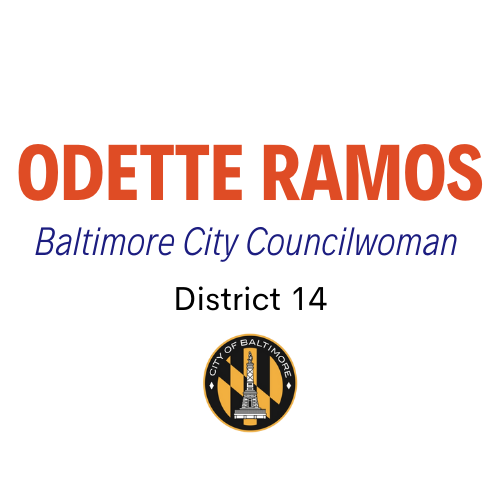Inclusionary Housing hearing results and more about Council Bill 22-0195
The City Council Committee of the Whole held the first hearing on my bill 22-0195 Inclusionary Housing for Baltimore City. It is an important piece of legislation to ensure more affordable housing is available in areas that are normally out of reach. Here is the link to the hearing.
Below is my written testimony about the legislation and my amendments:
Testimony
Position: Support with Amendments
Mr. President and Colleagues Thank you for the opportunity to present 22-0195 Inclusionary Housing for Baltimore City. I am writing to urge your support for this legislation with Sponsor amendments.
Inclusionary Housing policies are designed to provide affordable housing options in areas that typically are out of reach for many residents. Inclusionary Housing policies help to remove the barriers to housing that were put in place by racist housing policies of the past.
As a note, the definition of affordable housing is that everyone should only be paying ⅓ of their income on housing costs - including mortgage/rent, electricity, and other housing costs. 50% of Baltimore’s renters pay more than 30% of their income on rent- these families are housing insecure. Affordable units are those that are designated for families with incomes below a certain Area Median Income because not all families can afford market rate rent. Often there are subsidies to fill the gap between the market rent and what the family can afford.
Enacted in 2007, the previous Inclusionary Housing law has only produced 37 affordable units, and expired on June 30, 2022. The law required the City to pay for most of the cost of the affordable units, and when we did not have the funds, waivers were given. The law was completely ineffective and did not accomplish the goals of inclusionary housing policy. Council bill 22-0195 – Inclusionary Housing in Baltimore City was introduced in February and since then we have been working on amendments to allay the concerns of the Law Department, and to make sure we get the law right. The legislation, with amendments, does the following:
• Requires developments of 20 units or more to create 10% of those units as affordable for Low Income residents which is households earning 60% of Area Median Income.
• Requires these same developments to add at least 5% if a subsidy is given to them to do so for residents who are very low or extremely low income.
• Is applicable to only developments that are already getting major public subsidy • Removes all waivers. Any development with subsidy will be required to comply.
• Requires an Inclusionary Housing plan prior to pulling any permits for the project. The Inclusionary Housing plan has to include an affirmative marketing plan, plan for developing units that will be affordable according to the law, and more. The Inclusionary Housing Plan must be approved by the Inclusionary Housing Board prior to having permits pulled.
• Requires annual reporting by the owner of the property and reporting to the City Council by the Inclusionary Board.
• Affordability timeline is 30 years starts over when there is new ownership or new control of the property.
• Adds enforcement to the law.
Baltimore’s Inclusionary Law has expired, and now we are out of compliance with our Affirmatively Furthering Fair Housing plan that was submitted to HUD. We must pass this legislation. DHCD has provided the updated report from Enterprise Community Partners that was commissioned by the Council in 2020. I am grateful to the Council President for the opportunity to work on this important legislation. Thank you to my colleagues for your support. I look forward to the hearing.
Respectfully Submitted,
Odette Ramos
Baltimore City Councilwoman District 14
